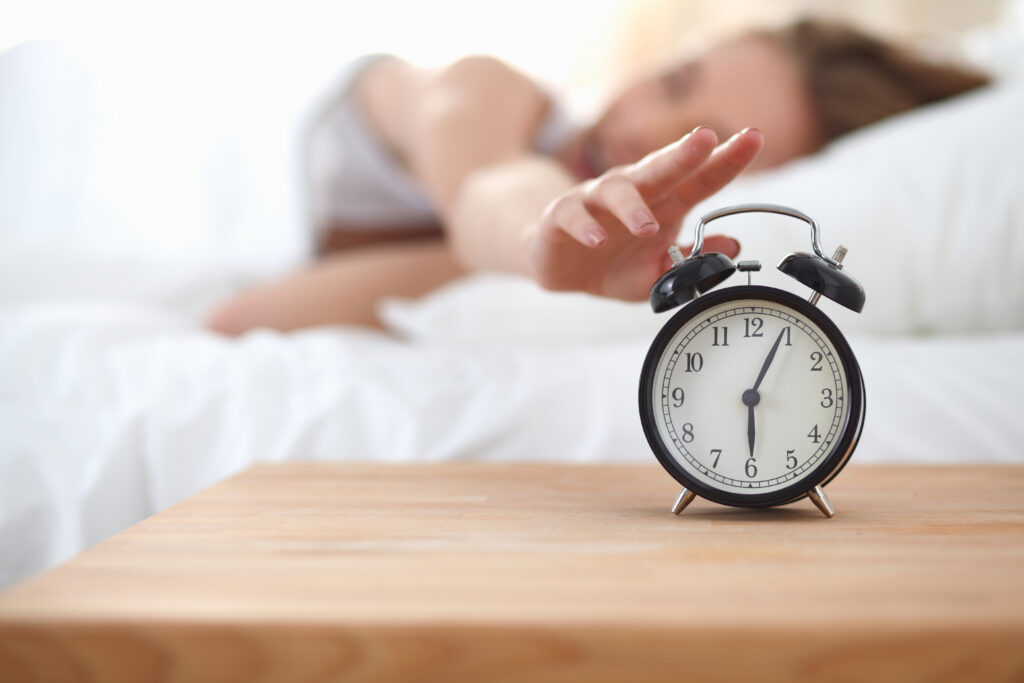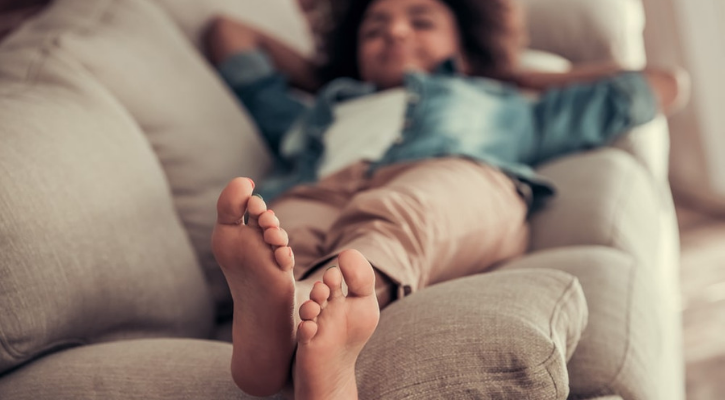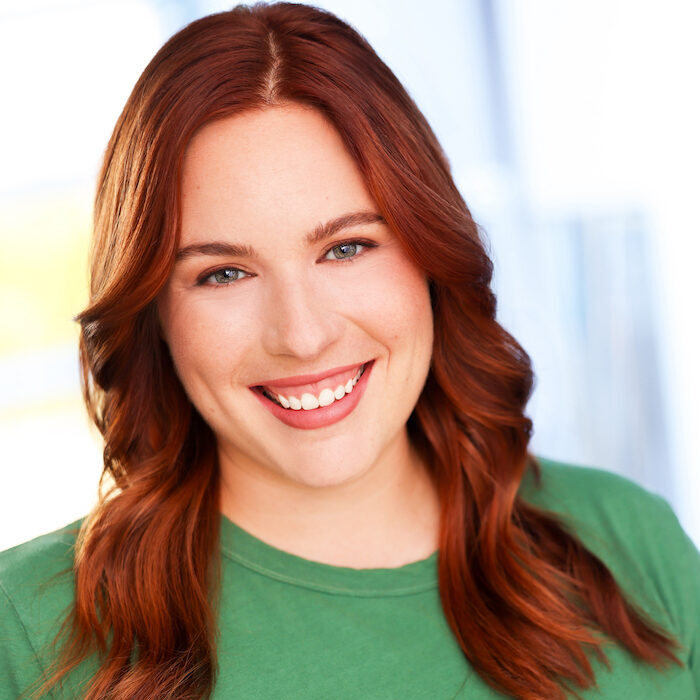If there’s one thing most of us can agree on, it’s that daylight saving time (DST) is a huge bummer. But still, we roll our clocks forward and back every year.
So how does DST affect sleep? I’ll examine the research to see how, exactly, this biannual tradition impacts our health.
The Trouble with Changing Our Clocks
The Centers for Disease Control and Prevention (CDC) reports that more than one-third of American adults fail to obtain enough sleep on a regular basis. A one-hour time change can exacerbate this sleep deprivation.
Sleep deprivation is linked to a number of nasty side effects including fatigue, trouble concentrating, cognitive impairment, diminished physical performance, impaired work performance, irritability, mood swings, drowsy driving, and an increased risk of both short-term and chronic illness.
Why “Spring Forward” May Be Bad For Our Health
In addition to provoking sleep deprivation, the advent of daylight saving time has been linked to some other nasty effects. For example:
- A 2014 study published in Open Heart suggests more people tend to have heart attacks on the Monday after the clocks “spring ahead.”
- Another study, which was presented to the American Academy of Neurology in 2016, found people are at an increased risk for stroke in the two days after the clocks move forward.
- A 2020 study conducted by Current Biology suggests that spring DST contributes to a six percent increase in fatal traffic accidents.
Despite these downsides, most of the U.S. currently observes daylight saving time, with the exception of Hawaii and Arizona.
Why “Fall Back” Isn’t So Great Either
Most of us can agree that the start of daylight saving time isn’t great for our sleep, because it amounts to losing approximately one hour of sleep for at least one night. But doesn’t the end of DST (aka “fall back”) give us a chance to enjoy an extra hour of snooze time?
The consensus among experts seems to be: “not really.”
Experts from Harvard Medical School suggest many people don’t take advantage of the extra hour of sleep. This might be due to external obligations, or it might result from the fact that the fall time change (just like the spring one) messes with our circadian rhythms, thereby increasing the odds that we’ll experience sleep disruptions.

What’s more, a 2013 review published in Sleep Medicine Reviews found the fall time change can result in a net loss of sleep for up to one week following the shift. That’s because people tend to have trouble falling and staying asleep in the days after a time change, and they’re also more likely to wake up earlier.
All told, the end of daylight saving time tends to result in a loss of sleep as opposed to giving us an extra hour of Zzzs each night.
Tips On How to Adjust to Daylight Savings Time
Don’t let DST disrupt your life. Here are a few ways you can smoothly transition into the time change.
Don’t Snooze Your Alarm
Though it may be tempting to close your eyes and burrow under the covers, try to keep your same schedule even after the time changes. This may mean you go to bed earlier so you get the same amount of sleep.

Gradually Change Your Bedtime
The week before DST, try shifting your bedtime by 15 minutes. This can help your body get used to a new circadian rhythm and make the time change feel less jarring.
Practice Good Sleep Hygiene
Sleep hygiene is a set of practices that promote consistent and quality sleep. Simple things, such as hanging blackout curtains, avoiding blue light before bed, and adjusting your bedroom temperature can improve your sleep quality.
Take a Short Nap
If you start to feel drowsy, take a 20-minute nap. These short power naps can make you feel more alert and focused. But try not to snooze for too long—if you sleep for 90 minutes or more, you may not feel tired when it comes to bedtime. It’s important to maintain a consistent sleep schedule, especially after a time change.

Final Thoughts
Though it can wreak havoc on our sleep schedules and overall health, America isn’t abolishing DST any time soon. Whether we’re springing forward or falling back, it’s important to maintain sleep hygiene practices in order to remain alert and focused.
FAQs
How does daylight saving affect sleep?
Whether in the spring or fall, DST can contribute to Americans’ sleep deprivation. Some studies have found a correlation between DST and car accidents, heart attacks, and strokes.
How do I fix my sleep after daylight savings?
To fix your sleep after DST, make sure to follow basic sleep hygiene practices. This includes: maintaining a consistent sleep schedule, sleeping in a dark room, keeping the room temperature around 68 F, and avoiding blue light before bed.
Why is it harder to wake up after daylight savings?
A change in light can impact your sleep-wake cycle, making it harder to wake up after DST.

